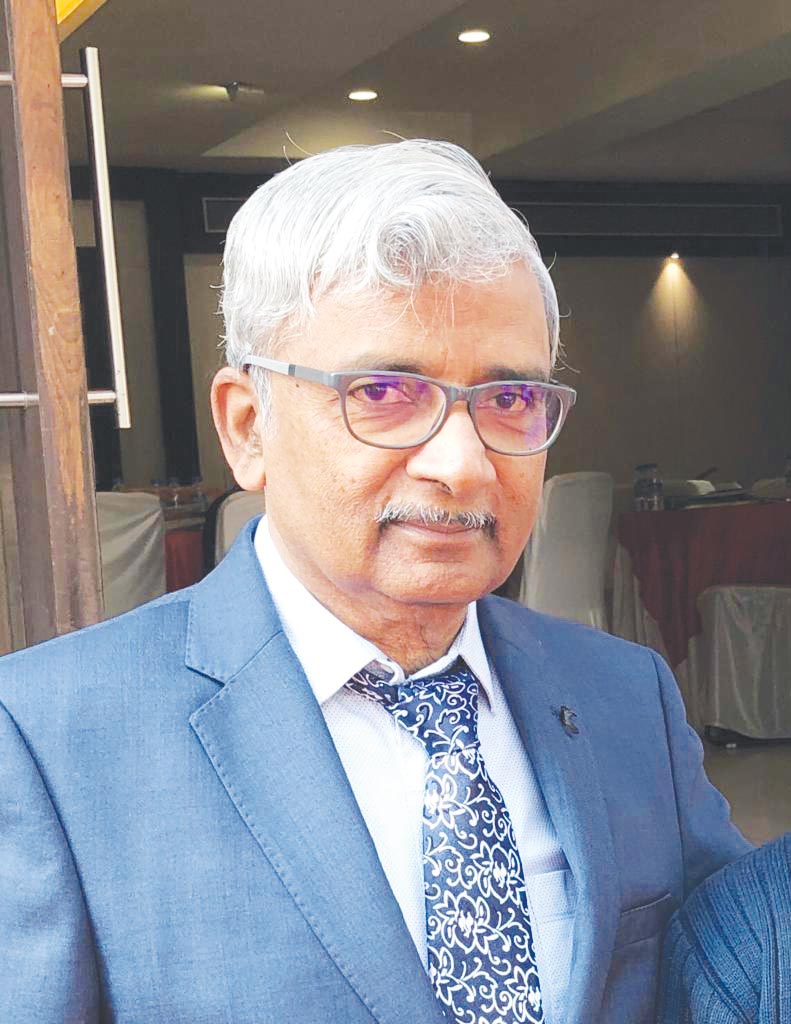Shivani Chaturvedi (Chennai)
Like most of India’s 33 school exam boards, the Tamil Nadu Board of Secondary Examinations (TNBSE) has reduced the syllabus for its classes X and XII school-leaving public examinations this year, because of the Covid-19 pandemic induced closure of all schools statewide since last March. With teaching-learning adversely affected, the board announced a 40 percent syllabus reduction on January 17.
Now further reduction of classes X and XII syllabuses is expected because after schools reopened on January 19, home and online learning attainment tests indicate large learning loss during the ten-month closure of schools. “Many schools have found that most students are unable to clear elementary aptitude tests. Schools have started classroom teaching but it is still a challenge to complete even the revised syllabus in subjects such as physics and chemistry. The syllabus might need further reduction,” says P.K. Ilamaran, president of the Tamil Nadu Teachers Association (TNTA).
This is likely to make life easier for 850,000 classes X and XII students of 39,300 government and government-aided schools affiliated with TNBSE, who are scheduled to write their board exams in May-June.
Last November, the state constituted an 18-member panel which recommended a 40 percent syllabus reduction. Even so most member teachers of TNTA believe they won’t be able to cover the reduced syllabus within the next four months. Hence the association has proposed a further syllabus cut in line with the 50 percent syllabus reduction for class IX children.

ATB Bose
However, not a few academics warn that while syllabus reduction will benefit school-leaving students in the near future, it could damage their higher education prospects when they write national public exams such as National-Eligibility-cum-Entrance Test (NEET) for entry into medical colleges, and Joint Entrance Examination (JEE) of the country’s 23 IITs (Indian Institutes of Technology).
“If the classes IX-XII syllabus is reduced by 40-50 percent for students in Tamil Nadu, they will find it difficult to write competitive exams for entry into the country’s top medical colleges, IITs and liberal arts universities. Recently, the government-owned Neyveli Lignite Corporation conducted an entrance examination to recruit trainees. Of the 1,558 students from the state who wrote the exam, a mere eight passed. Elimination of portions of the syllabus to this extent won’t do any good to children especially in subjects like mathematics,” warns ATB Bose, general secretary of Association of Managements of Private Schools of Tamil Nadu.
Clearly simple solutions are not always the best solutions.























